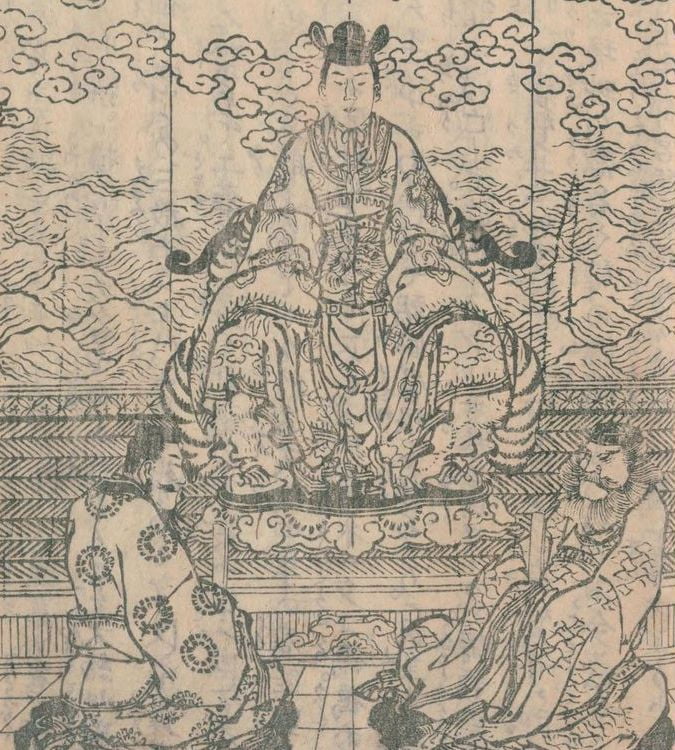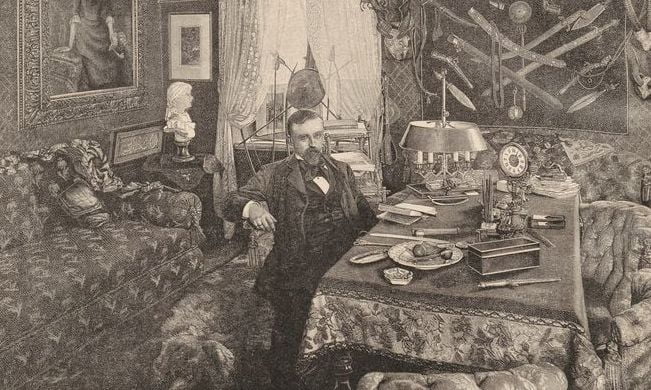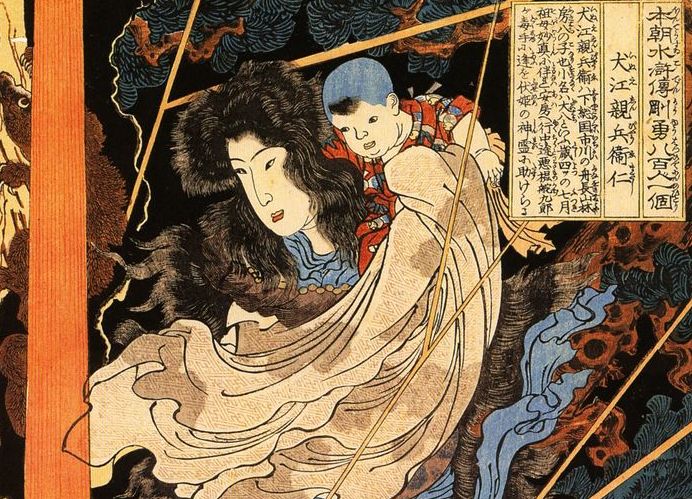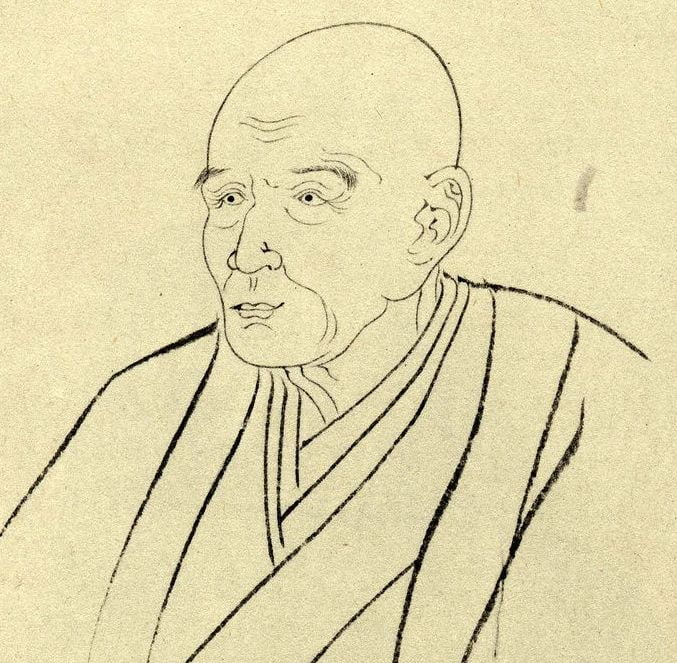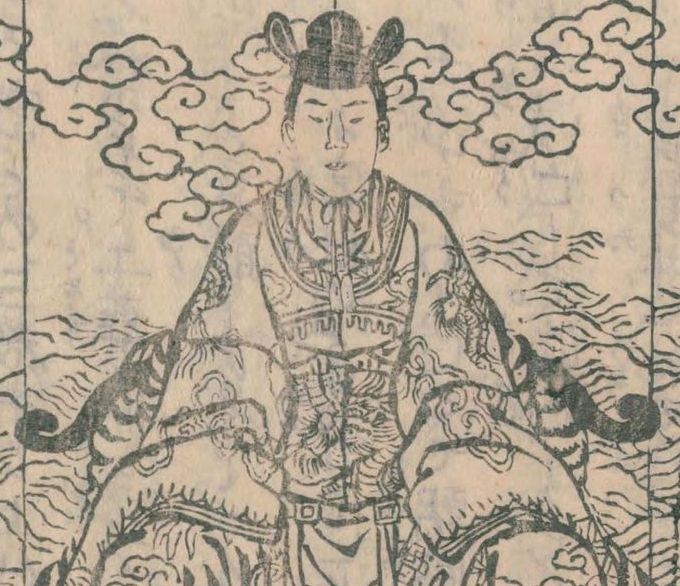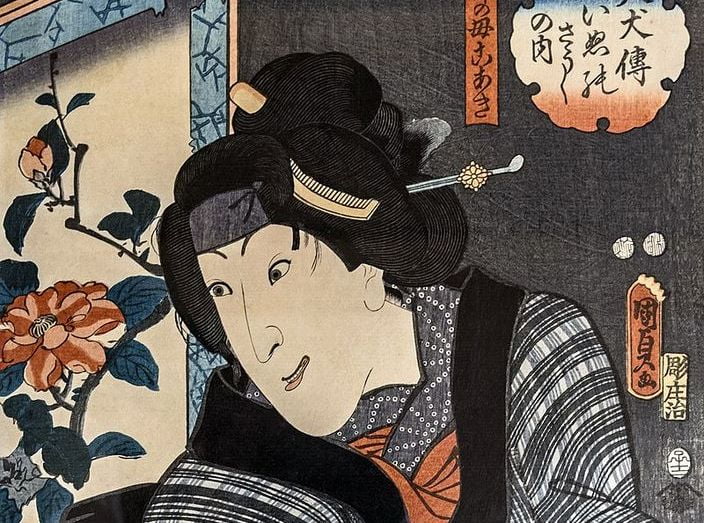The Forty-Seven Ronins – Japan
Introduction
In the Eighth Century A.D. (712) the annals of the chief families of Japan were collected in a work known as the Kojiki, or Record of Ancient Matters. This constituted the first writing of note in Japanese, but it was not until the appearance eight years later of the volume called JVihongi, or Chronicles of Japan, that Japanese literature can be said to have begun.
The Kojiki was in the language of old Japan, while the Nihongi was in the classical Chinese, which superseded the Japanese and was in use until the Seventeenth Century. In the Eighteenth Century Motoori composed a work of forty-four volumes devoted to the elucidation of the Kojiki called Exposition of the Record of Ancient Matters. This has been declared by Chamberlain to be “perhaps the most admirable work of which Japanese erudition can boast.”
The Forty-Seven Ronins – In the first part of the Eleventh Century Murasaki-no-Shikibu, a lady of the great Fujiwara family, composed the Genji Monogatari, the first Japanese novel, a prose epic of contemporary life. Except for some volumes of poetry, among which may be named Hundred Odes by a Hundred Poets in the Thirteenth Century, and Anthologies of the One- and-Twenty Reigns gathered between the Eleventh and the Fifteenth Centuries, which constitute the classics of Japanese poetry, the period was not very productive.
Kiokutei Bakin (1767—1848) and Shikitei Samba (1775—1822) are authors whose fame has reached Europe. Both have written delightful stories of modern Japanese life. These, however, are for the most part too long for consideration here.
Japanese literature is rich in folk-tales, some of which have been translated by Lafcadio Hearn—but on the whole these belong rather to the category of folk lore than to that of narrative fiction.
During the golden era which began in the Seventeenth and extended into the Eighteenth Century, the drama and the novel flourished, but the short story was evidently neglected by serious artists. The Forty- Seven Ronins, the most famous story of the period, was never intended as a story at all, but an episode from history.
